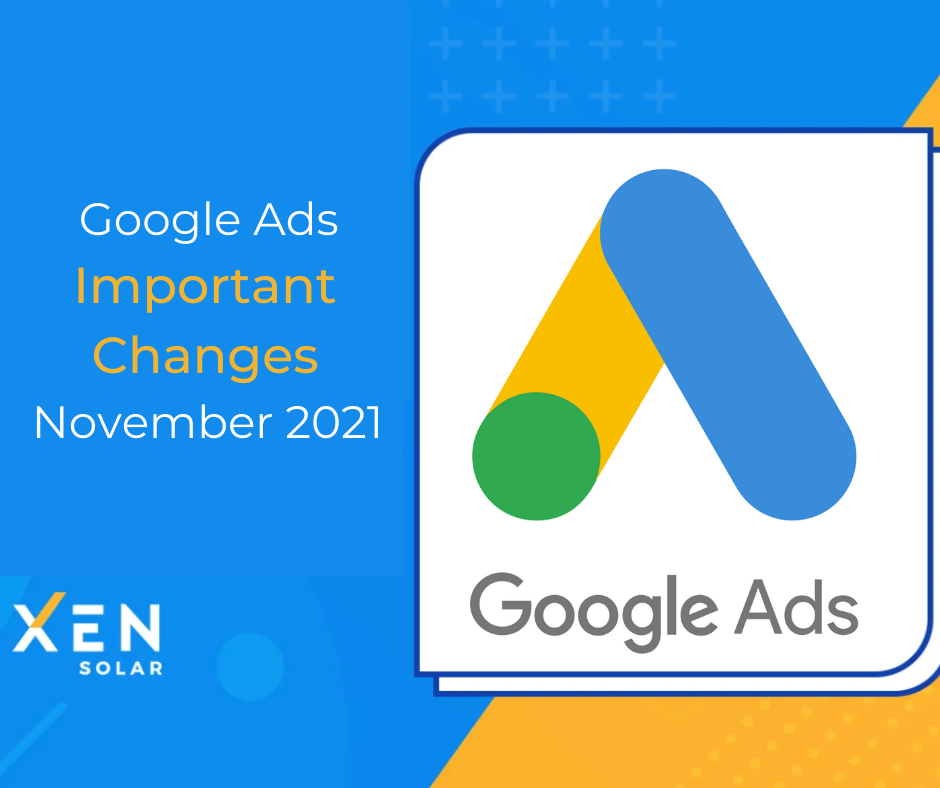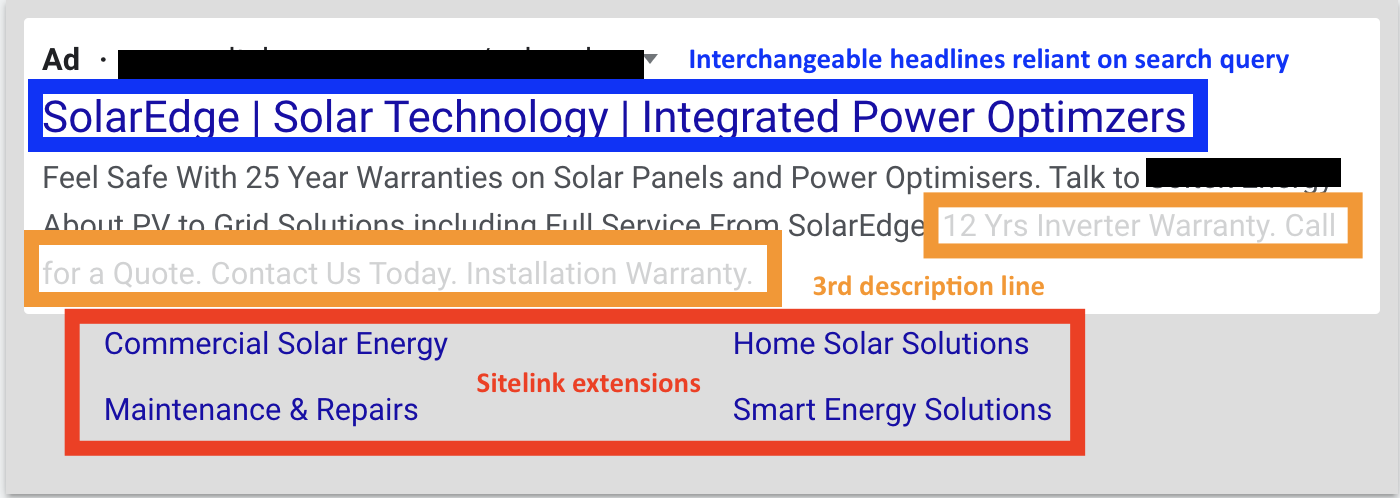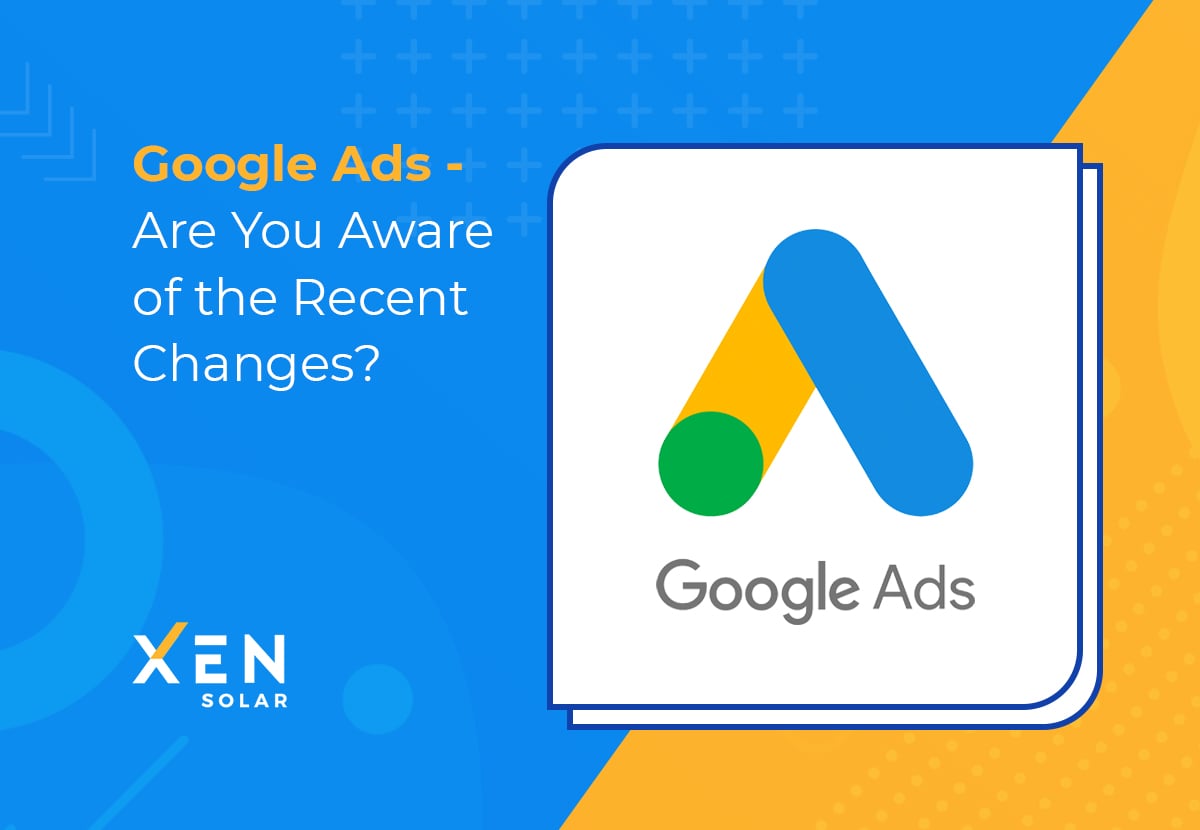Google Ads - Are You Aware of the Recent Changes?
The mighty Google gurus have been messing with the formula again and recent changes have caused a stir. Are you up to date with how Google Ads has...

There are more changes and updates to the Google Ads platform that continue to keep everyone on their toes. Are you up to date with how Google Ads has changed and what it means for your business?
Here are three changes you should know about, how it affects your business and what changes you need to make.
Google has given up plenty of time to prepare for the removal of Extended Text Ads (ETA's) in favour of Responsive Search Ads (RSA's). Since their introduction in 2018, RSA's have had mixed results in our ad experience. Some accounts actually perform better in the ETA ad format. But nevertheless, Google has decided to phase out ETA's in favour of RSA's for the following reasons:
Extended Text Ads
Responsive Search Ads

Extended Text Ads will be phased out in June 2022. You can read more about this expected phase out on the Google Ads announcement here.
If you do nothing to your existing Expanded Text Ads your existing expanded text ads will continue to run and you’ll be able to report on their performance. You will not be able to edit or create new ETA's, but you can pause, resume or remove them.
Yes, this change will go ahead. Google are constantly rolling out improvements to the platform. Responsive Search Ads have already replaced Expanded Text Ads as the default campaign type in Google Ads.
Prepare for the change now. WordStream have outlined seven things you can do in the meantime:
You can find each of these seven steps outlined in their blog post: 7 Things You MUST Do Before Expanded Text Ads Go Away
In our last Google Ads update, we advised that exact match logic now also applies to broad and phrase match and sadly modified broad match was retired.
Things then progressed which changed the way we structure our keywords. It's no longer best practice to use the same word with multiple match types in order to identify your best performing keyword. Instead, Google is saying to use broad match only, and let machine learning work out intent. Google says this is best because:
This change has rolled out already.
Keep a watchful eye on campaigns if you are testing broad match smart bidding campaigns. Broad match has been known to chew into budgets quickly, so you need to diligent when making changes or updates to your existing campaigns.
There is a lot of discussion about this new development and it's not all favourable. Here are a few comments from seasoned PPC experts who say:
Start testing broad match Smart Bidding and compare performance against your other campaigns.
Back in September 2020, Google made the announcement that it will reduce the visibility on reporting all data in the search terms report. For those who have been managing Google Ads for some time, this was not a welcomed move and people mourned the loss of the search terms report that used to show us all the queries our ads showed for.
Fast forward to October 2021, and Google announces that they are going to add data back into the search terms report. In this announcement Improving the search terms report while maintaining user privacy, Google gave us these two gems:
This is live. Check your search term reports!
You still won't be able to have visibility on low volume queries, but getting more access to higher volume queries means you can get a deeper understanding of how your customers find you on search and what terms are performing.
Yes, this is a small win for businesses. There was a lot of backlash when the search term report data was restricted and Google have advised that they "explored new, privacy-safe ways to get you the insights that you need to run more effective campaigns".
Two things to be aware of:
It's wise to keep in perspective that this is good news and not a major loss in the scheme of things. "Old search terms from a year ago or longer may not be useful information. So all in all, it doesn’t seem to be a major loss." Senior product manager at Google, Pallavi Naresh
Dig into the search terms report to gain a better understanding of consumer intent.

The mighty Google gurus have been messing with the formula again and recent changes have caused a stir. Are you up to date with how Google Ads has...

What does this mean for you? If you manage your own Google Ads, you need to review your current Expanded Text ads and ensure the ad copy is...

If Google Ads isn’t working for you, then it might seem like it’s the perfect place to literally throw your money away. Whilst most solar dealers...